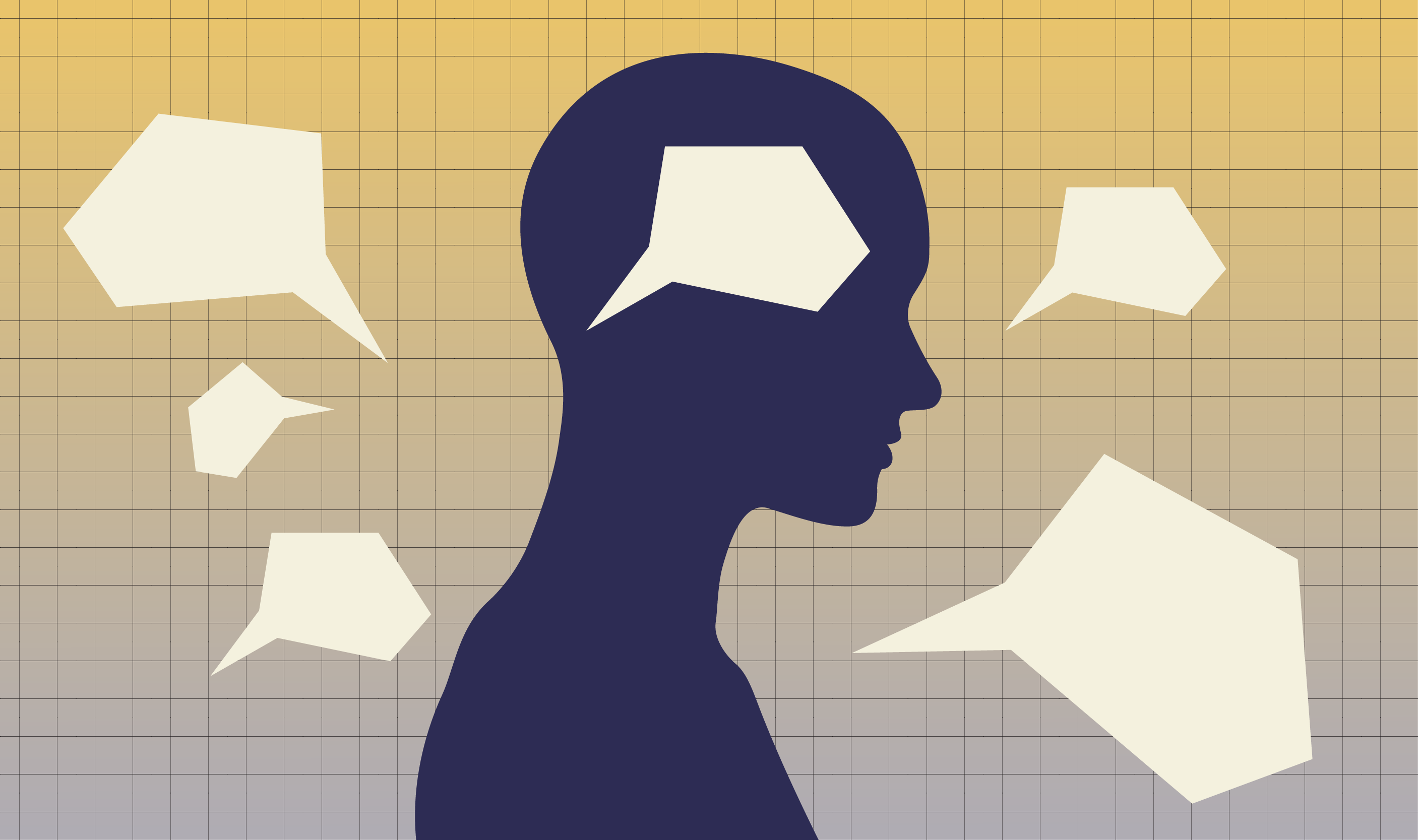Social media users encourage mental health support for men
Other discussions highlighted barriers to mental health care and eating disorder stereotypes.

Other discussions highlighted barriers to mental health care and eating disorder stereotypes.
Last week, articles reported on a new study finding that men are more likely to die from broken heart syndrome—a health condition associated with physical or emotional stress—than women, inciting online conversation about men’s mental health. Plus, a Nebraska murder-suicide sparked discussion about barriers to mental health treatment, and an X post noted that eating disorder symptoms may go unnoticed in people who do not appear to be dangerously underweight.
Given these conversations, communicators may circulate mental health resources for men, share free and low-cost mental health resources, and highlight eating disorder warning signs and treatment options.

Insights brought to you by the reporters and science writers of Public Good News (PGN), a nonprofit newsroom dedicated to improving community health.
What’s trending nationally in conversations about mental health
Last week, articles reported on a new study, which found that men are twice as likely to die from broken heart syndrome—formally known as Takotsubo cardiomyopathy—compared to women. Broken heart syndrome is associated with emotionally or physically stressful events, such as the death of a loved one, job loss, or a car accident. It causes symptoms like chest pain, shortness of breath, and an irregular heartbeat. Many social media users responding to the study suggested that men are more likely to die from broken heart syndrome due to a lack of support networks. One comment on a Reddit thread about the study read, “I think it’s because [men] suck at keeping social connections in comparison to women. So, when we lose our spouse it’s gotta [be] so much harder.” However, the study found that broken heart syndrome is predominantly precipitated by physical stress in men and emotional stress in women.
Recent articles reported on a Nebraska man who is believed to have fatally stabbed his wife and sons and then died by suicide earlier this month. Days before the deaths, the man’s wife shared a Facebook post stating that her husband had recently been released from a mental health hospital and was still struggling. She had previously raised money for his mental health treatment, as he had been experiencing depression and had survived multiple suicide attempts. The parents of the man shared a Facebook post stating that “mental health care is a disaster.” Many commenters also expressed frustration with mental health care, citing long wait times and inadequate insurance coverage.
On May 15, an X user shared a GIF of a crying man with text that read, “when people don’t even suspect you have an eating disorder because of how big you are.” While the post received approximately 35,000 views and 4,200 likes as of May 21, it only garnered approximately 10 comments. Most commenters said that they prefer that people not know that they are living with an eating disorder, but a few lamented that others had “ignored” their eating disorder symptoms because of their body size.

Recommendations brought to you by the health communication experts behind Infodemiology.com.
Recommendations for public health professionals
Each week, the Infodemiology.com team will provide messaging recommendations in response to some of the trending narratives outlined above. These helpful tips can be used when creating content, updating web and FAQ pages, and developing strategy for messaging about mental health.
In light of conversations about men’s mental health, communicators may outline the signs of mental health conditions in men. Communicators may also share mental health resources geared toward men, such as therapist directories where they can search for local therapists who specialize in men’s issues, local support groups, and the ManKind Project, which connects men to peer support.
Conversations about barriers to mental health treatment provide an opportunity to share free and low-cost mental health resources, such as sliding scale therapy, support groups, local mental health centers, and mental health helplines, including the 988 Suicide & Crisis Lifeline. Communicators may also want to circulate resources for family members of people who are struggling with their mental health and outline the warning signs of suicide and violent behavior.
In response to discussions about eating disorders and body size, messaging may note that anyone of any size can have an eating disorder. Communicators may share the types of eating disorders, their warning signs, and treatment resources, such as local eating disorder treatment centers and Project HEAL, which helps people overcome financial barriers to eating disorder treatment.
